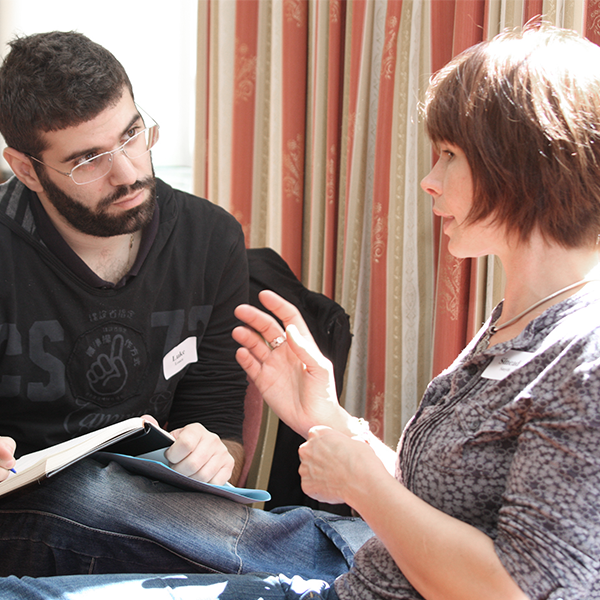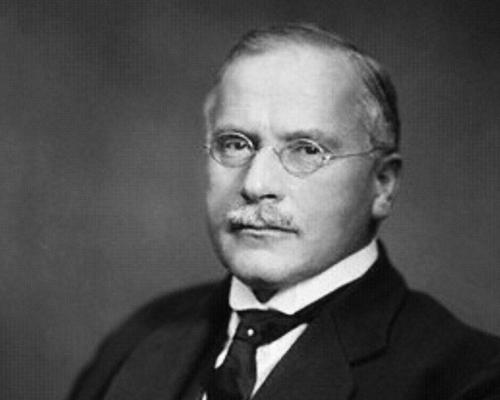Give your 2019 resolutions a positive spin
How’s your New Year resolve bearing up? What went through your mind as the bells rang in 2019, or perhaps when your head was pounding the next day?
Was it by any chance a pledge to give something up? Cigarettes, chocolate or alcohol? Retail therapy? Gambling? Chewing your nails? Being short-tempered in the office? Addiction has many faces, but the underlying process is the same.
Perhaps, conversely, it was a pledge to begin something, like starting your own business, or to gain something, like physical health, or financial stability. Whatever it was, a few weeks down the line, how is it going for you? I’ll hazard a guess that those who chose a ‘give up’ type of resolution will be struggling more than those who chose to begin something, and there’s a very good reason for that.
A behavioural shift may be short-lived unless a sound plan is in place as to what to do instead of the unwanted habit, or there’s a clear image of what is to be gained from the loss. This is because most of us have strong unconscious negative associations with words like ‘losing’, ‘giving up’ and ‘quitting’.
Our brains don’t like loss, and don’t like a void where there used to be an activity. Loss is the opposite of gain, and acquisition is a core human motivation. Also, we have been (albeit perhaps unwittingly) conditioned to associate giving up with failure. A decision to ‘lose weight’ or ‘give up smoking’ is therefore immediately hindered or – to misquote Shakespeare – ‘hoist by its own petard’.
Working in tune with our brains
Our brain is an expectation machine: it wants to be set tasks to pursue and achieve. The trick is to give our brains a positive goal, not a negative one, as it will pursue each with equal diligence. If you set your mind to not smoking, your brain will focus on smoking, and sooner or later the word ‘not’ will be forgotten. If, however, you set your mind to getting fit, with cessation of the foul habit of filling your lungs with poison set out as a clear part of your health plan, you will have much more chance of success.
In similar vein, instead of resolving to lose weight, set out to gain that slim figure that you so desire, or find your waistline (that you know is in there somewhere because you saw it a decade ago), or become strong and agile. The change in words is so simple it may seem insignificant, but the reframing of the resolution can make all the difference. Language has immense power.
Bear in mind that lifestyle changes can impinge on essential emotional needs and affect more of your life than you might think. Having overindulged over the festive season, you may choose not to go out in January, as that’s the easiest way to avoid alcohol. But your New Year resolution wasn’t to deny yourself a social life, the lack of which can lead to depression.
If ‘losing weight’ is your goal then it might feel easier to just not visit your granny during January, because you know she will have a plate of leftover Christmas cake on offer, and you haven’t the mental energy to turn it down. Yet not visiting her affects both of you in terms of your connection and attention needs.
It is useful here to borrow a technique well known to athletes, politicians and actors: rehearsal. Work out in advance what you will say when someone offers you a cigarette, a beer, some cake. If retail therapy is your poison, have a clear plan in place before those sales catch your eye. Think it through and rehearse the appropriate words: “no thanks, I don’t smoke” or “no thanks, I’ve switched to a healthy diet this year” or, “let’s go ice skating instead of shopping this weekend”.
Powerful techniques for making your resolutions stick
Conscious rehearsal is great up to a point, but those same athletes, actors and politicians will also be using guided imagery and visualization to embed the desired mindset into their subconscious. All effective performers use these techniques, in one form or another, to harness one of the most powerful of our innate resources – our imagination – to generate images of the desired reality.
Reframing, visualising and rehearsing your own success are often the keys to achieving what you want, and to making your New Year resolution a permanent behaviour pattern in your life. If you are finding this hard on your own, an effective therapist can quickly help to kick start the new pattern in your brain, teach you the skills you need to go forward independently, and overcome any initial hurdles to your desired lifestyle.
Americans call the 31st December ‘Old Year’s Night’ instead of our UK ‘New Year’s Eve’ and again, language has such power. How many of us use the last day of the year to reflect on what we have achieved in 12 months?
Visualising your ‘pat on the back’ at the end of 2019 will help you to stick with your resolutions right now.
Julia Welstead is a human givens tutor and practitioner with a private practice in Edinburgh. Julia also runs HG based mental health at work training days for companies and organisations.
©Julia Welstead 2019
Latest Tweets:
Tweets by humangivensLatest News:
SCoPEd - latest update
The six SCoPEd partners have published their latest update on the important work currently underway with regards to the SCoPEd framework implementation, governance and impact assessment.
Date posted: 14/02/2024
2024 Conference
Our next in-person HGI Conference, is being held on the weekend of 20th and 21st April 2024















